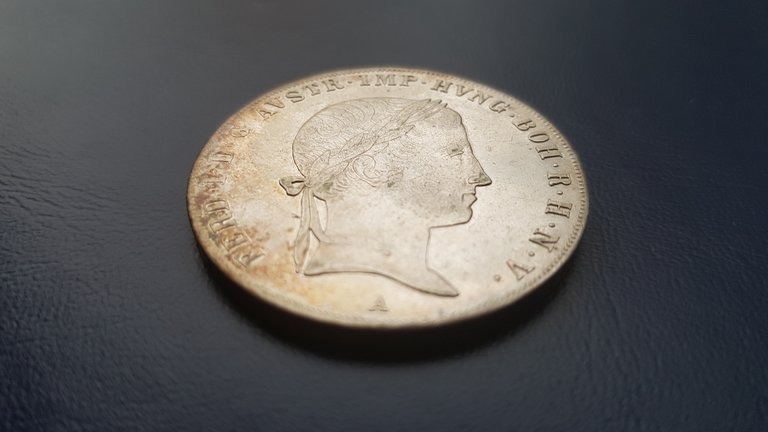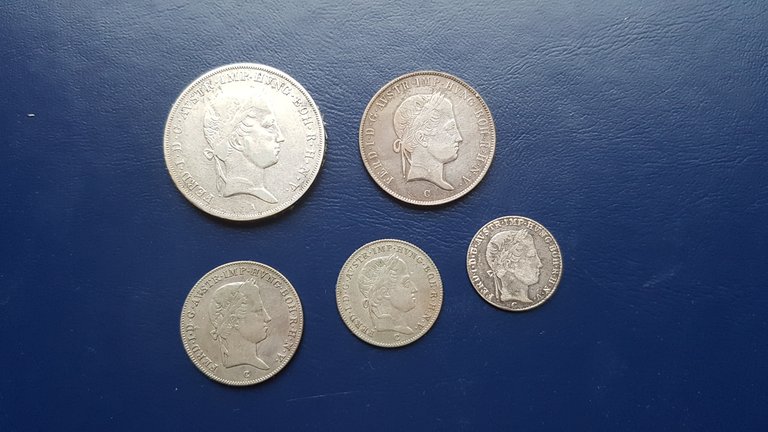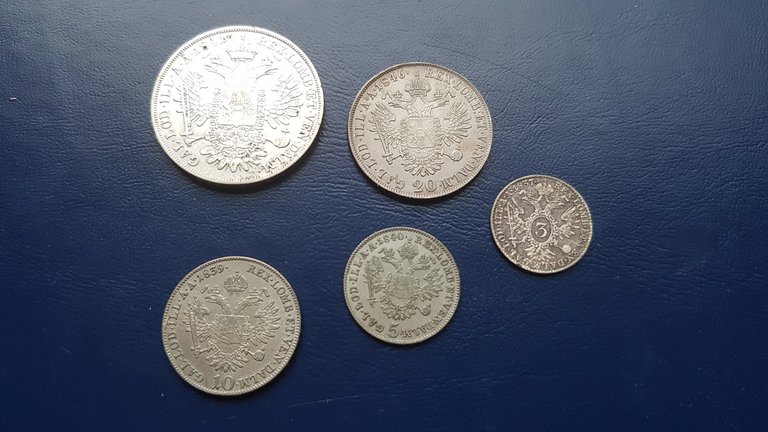The Emperor Who Would Not Rule

Emperor Ferdinand I lived from 1793 to 1875 and ruled from 1830 to 1848. He was considered a fool and a madman by those around him. But the reality was not so simple.
The marriage policy of the ruling families at that time was quite monstrous. A member of the ruling family had to marry only a member of the ruling family. Ferdinand's parents were cousins. And not only that. Ferdinand only had four grandparents. Ordinary people have eight.
Ferdinand was visibly degenerate. He suffered from epilepsy and many other illnesses. His father, however, insisted that as the first-born, he would be his successor. Ferdinand, too, was a strong believer. He accepted his monarchical destiny.
His father appointed him Chancellor and Crown Council. Ferdinand was a mere puppet. And he was extremely popular with the people.
Among the people he was called Ferdinand the Good. He always agreed with everyone and tried to accommodate everyone. He was willing to sign anything if he was told it was for the good of his people.
He was not without talent at all. He spoke five languages fluently and at least understood others. He played several musical instruments, his favourites being the trumpet and the piano. He was said to be a virtuoso. He loved music.
He also loved science. He did some complicated experiments himself in greenhouses and laboratories. Unfortunately, his wife destroyed his meticulous notes after his death. Like everyone else, she thought the emperor was mad.
Emperor Ferdinand I was the last crowned King of Bohemia as Ferdinand V. (I am form Bohemia.) He was the last monarch who at least maintained a semblance of personal union. After him came only the centralists.
In 1848, a revolution swept through Europe. The Emperor promised the people everything and signed everything. When the army suppressed the revolution, the Emperor was forced to abdicate. His promises were declared a personal obligation to which his successor was no longer bound.
Doctors predicted a short life for Ferdinand. But he lived another 37 years after his abdication. He lived in Bohemia, mostly in Prague. He was apparently quite happy then. He devoted himself to charity and his interests. His successor left him a truly imperial and royal pension.

I was trying to shoot a little more original. Well, I'd rather go back to the original art.
1 Thaler, 1837, minted in Wiena, 38.5 mm diameter, weight 28.06 g of silver, purity 883/1000

1/2 thalet (1 gulden), 1841, A - minted in Wiena, 30 mm diameter, weight 14.03 g, purity 883/1000
20 Kreutzer, 1846, C - minted in Prague, 27 mm diameter, weight 6.68 mm, purity 583/1000
10 Kreutzer, 1839, minted in Prague, 23 mm diameter, weight 3.89 g, purity 500/1000
5 Kreutzer, 1840, minted in Prague, 20 mm diameter, weight 2.23 g, purity 438/1000
3 Kreutzer, 1837, minted in Prague, 18 mm diameter, weight 1.7 g, purity 344/1000

Today I was showing more collector coins. Next time I'll show something newer.
Inbreeding at it's finest! At least he was happy after he abdicated!
To be honest, I'm also looking forward to retirement. I'm going to start enjoying life, writing articles for #silvergoldstackers, collecting coins, etc.
When keeping it in the family goes wrong 🤣
https://leofinance.io/threads/trautenberk/re-leothreads-2wxv4clf8
The rewards earned on this comment will go directly to the people ( trautenberk ) sharing the post on LeoThreads,LikeTu,dBuzz.
Hra stále pokračuje
!hivebits
Pro změnu
!hivebits
Zkusíme ještě !hivebits ?
Co kdyby, že jo...
!hivebits